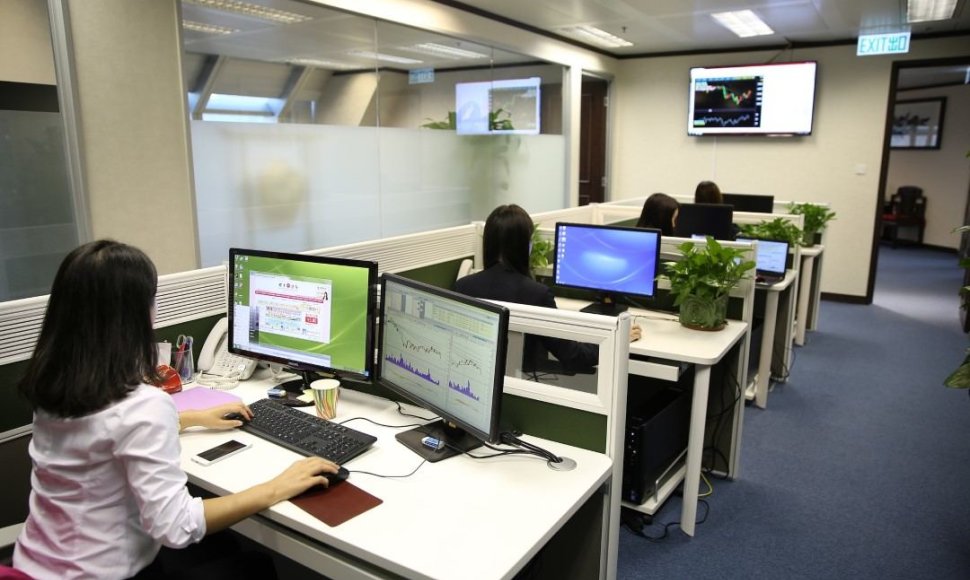Lithuanian has long courted the shared service centre market, yet regulation restricts night time shift to 8 hours. This limitation impacts global delivery centres and customer support operations with 24/7 coverage needed. Businesses needs the flexibility of being able to provide 12 hours night shift option with additional benefits to employee. There is a list of job profiles confirmed by government to allow exceptions. A solution could be the expansion of this list of job profiles. For example, all roles in services industry with 24/7 operations dedicated to support of customers in different time zones.
Another matter that must be addressed is compensation for time spent on business trips outside of regular business days. International companies rely on employees ability to travel and often employees avoid next day off opportunity and accumulate up to 20 (in some cases up to 50) additional days for annual leave each year. Current regulation creates a big financial and administrational load on the employer. Employees who travel on weekend, public holiday, or after hours are entitled for a compensation equal to work time compensation, and employees receive a mandatory extra time off (optional next day or additional day to annual leave later). The idea is to ensure people take rest after intense travel. Change is needed to allow employees and employers to agree on different way to compensate for business trips outside regular hours. Double compensation should be removed and either travel time is paid as work time or day off is assigned but not both.
There is a pending plan to make regulatory change that will make the time spent on-call duty equal to work time. Currently stand-by time is compensated using premium of at least 20% of monthly average salary. Increase to 100% would cause not only increase costs significantly but also create tensions among employees in companies using this type of work arrangements. Suggestion is not adapt this proposed change.
Current labour code enables employee to request compensations of 40% of his salary for non-compete clauses in the employment contract. This applies to active employment too. Therefore, in order to ensure non-compete/non-solicitation employer has to pay base salary plus 40% of base salary during the validity of the employment contract. This requirement is excessive and outside common practice in EU. The suggestion from BCCL businesses is to amend labour code and leave compensation requirement for non-compete only after termination of the employment contract.
We have new labour code in Lithuania for a couple of years and practically termination of employee is still very difficult process (multiple warning on the same time of violation is required). Therefore, termination at employers will is the only real option to terminate employee on minimal notice (paying severance of course). Unfortunately this option is nearly unusable due to restrictions in place. It cannot be applied when company changes the structure, job position is no longer required, employee is underperforming, etc. possible solution is to amend labour code to remove current restrictions in place.
In Lithuania Average Salary of employee is a base for multiple calculations during employment period: e.g. vacation accruals, severance pays, etc. Current model of Average Salary calculation is very complex and puts administrative burden on business. International best practice is to use base salary set in the employment contract instead. That would allow companies to save much admin time and costs. To address this matter, initiate the change of regulation to move from Average Salary calculation method to Base Salary instead.
Time during weekends and public holidays is currently compensated at 2x normal rate. Overtime during such days is at 2.5x rate. Often global delivery centres operate 24/7 and such regulation inflates costs significantly. To remain attractive for relocation it is recommended to reduce the multiplier for weekend work and public holidays.
Current data privacy regulation in Lithuania does not allow to formally check Criminal Background and References. E.g. by using 3rd party providers. Global companies especially in financial industry are heavily regulated and have to conduct background checking for all employees around the world. Look for a solution to enable such checks in line with GDPR both for employers as well as companies providing specialized screening services.
Business needs a more dynamic work option. Current regulation requires clear definition of work hours in the standard employment contract. Any deviation requires amendment to the contract. Multiple roles, especially in leadership, need schedule to be dynamic during the day/week without notice. Revise regulation to allow managerial/leadership roles to have additional flexibility in the schedule.
Time-sheets and the way they are managed in Lithuania put a high admin load on the companies. They are very detailed (hour per hour, day by day) and in most of the cases of standard 9am – 6pm work environment should be simplified. Revise regulation to simplify requirement for work time reporting.
Originally posted by the British Chamber of Commerce in Lithuania.












